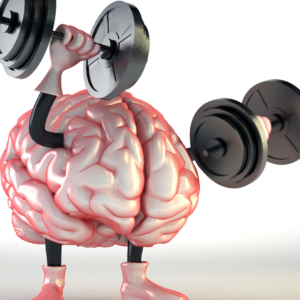
In this article, Dr. Williams weighs in on ways to maintain memory function and even enhance it.
Article Links: How to Improve Memory: 9 Expert Tips for Seniors | U.S. News (usnews.com)
If you notice that your – or a loved one’s – memory problems are consistent, severe and forcing you to alter your way of living to cope, this is concerning, says Dr. Vernon Williams, a board-certified neurologist, pain management specialist and founding director of the Center for Sports Neurology and Pain Medicine at Cedars-Sinai Kerlan-Jobe Institute in Los Angeles.
This kind of memory loss is one of the first sign of Alzheimer’s disease or other dementias, diseases which are among the “age-related memory disorders that can have a debilitating effect on a person’s quality of life and unfortunately, can also shorten that life,” Williams adds.
According to the National Institute on Aging, signs of dementia can include “the loss of cognitive functioning – thinking, remembering, learning and reasoning – and behavioral abilities to the extent that it interferes with a person’s quality of life and activities.”
To most effectively differentiate between age-related forgetfulness and dementia, schedule a doctor’s appointment to address your symptoms. Before your appointment, you can ask yourself a few questions on your own time too.

- How often are you forgetting things? If you’re occasionally forgetful, this may not be a big deal. If you are forgetting things to an extend where it impacts your day-to-day life, this is more concerning.
- Are you fully unable to recall a memory, or is it taking you a longer time to dig it back up? Total forgetfulness can be more concerning than needing a longer time to recall a memory.
- What types of things are you forgetting? According to the Centers for Disease Control and Prevention, if you experience memory losses like struggling to navigate “your familiar route to the grocery store or having trouble recalling very recent events,” you may be dealing with something more serious than age.
- In addition to forgetfulness, are you experiencing changes in your language skills, visual perception, attention span or personality? According to NIA, people with dementia can experience a combination of these symptoms.
While these experiences can be scary, the good news is that if you’re noticing signs of memory loss, there are ways to strengthen your memory and fight against further decline.
“We don’t have to accept devastating memory problems as a fact of life as we get older,” Williams says. “There is plenty we can do right now to help maintain our memory function and enhance it.”
Read the full article here.






